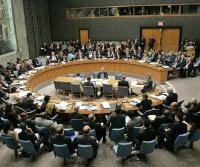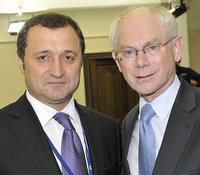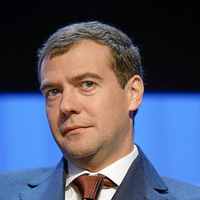
Who cares about the United Nations Security Council? Over the past year, major powers have certainly been taking the council increasingly seriously. U.N. experts who argue that the council’s credibility rests on its appeal to big players in the global system were comforted by Germany, India and South Africa’s successful campaigns for two-year seats on the council last year. But some poor, weak governments have decided to defy it, with a series of African leaders, in particular, showing contempt for the council’s authority. In January 2010, President Idriss Déby of Chad insisted that the U.N. withdraw peacekeepers charged with protecting […]


